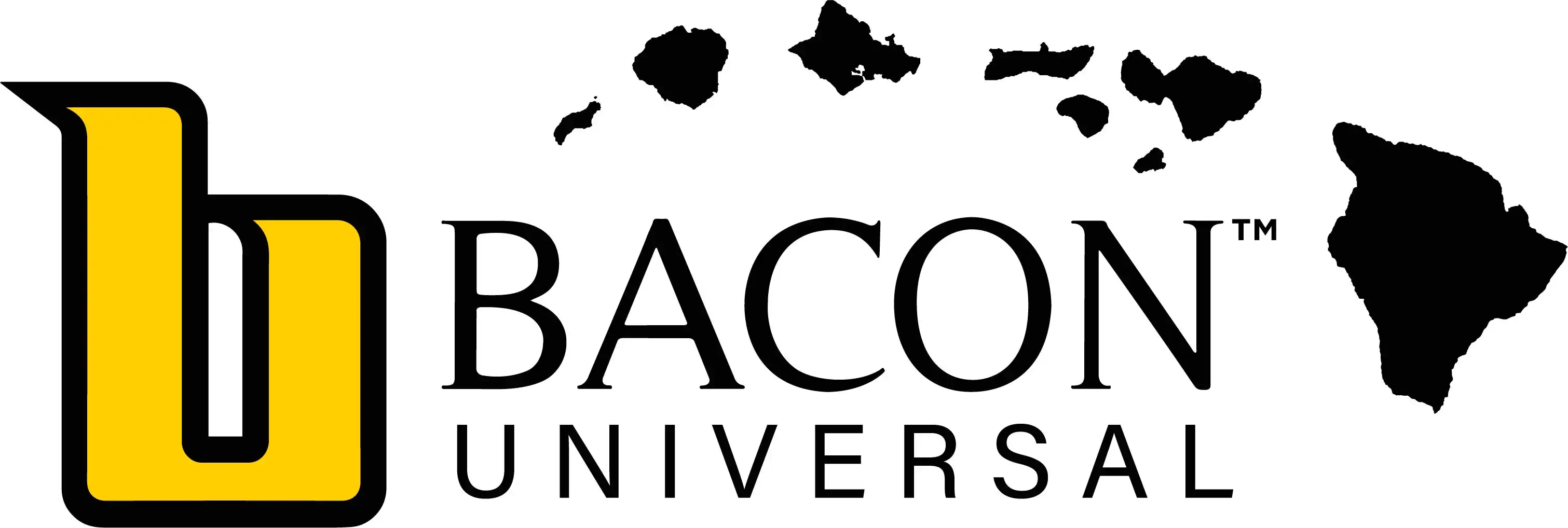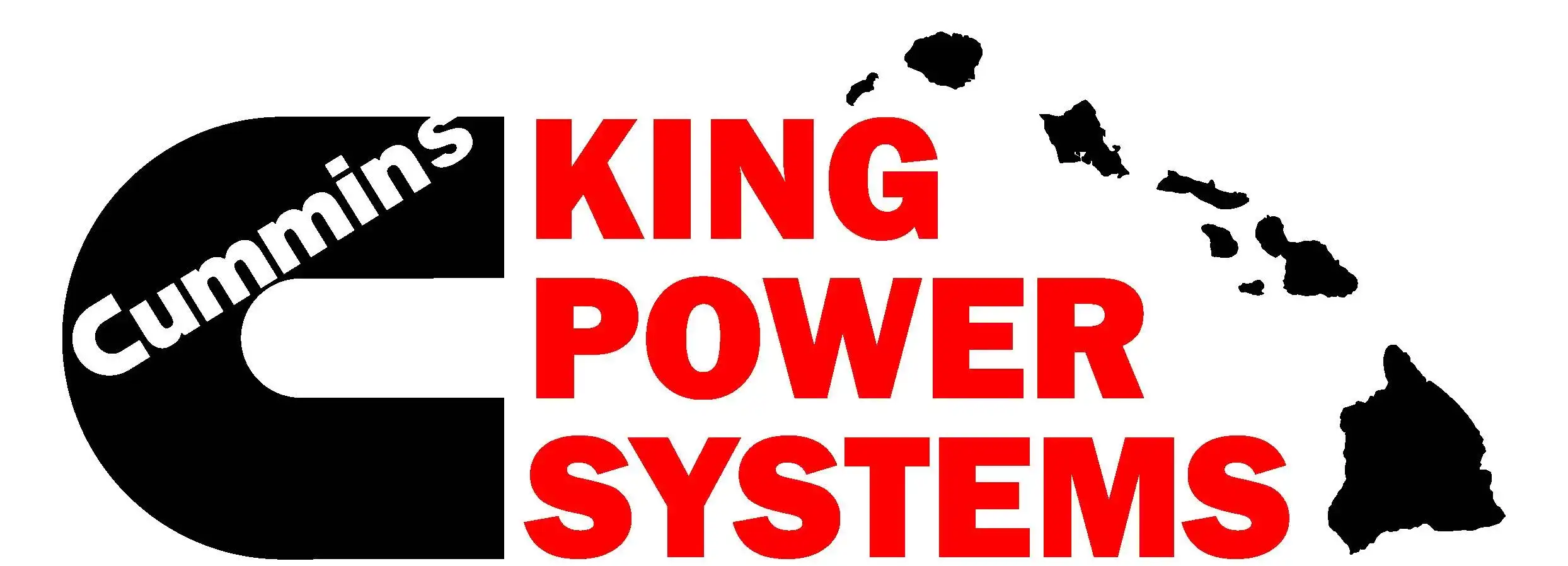Queen’s Hospital Warns of Non-Approved Ivermectin; Announces Expanded Use of Monoclonal Antibody Treatment for COVID

The Centers for Disease Control and Prevention recently released a health advisory on Thursday, amid a rapid increase in ivermectin prescriptions and reports of severe illness associated with use of products containing ivermectin to prevent or treat COVID-19.
The CDC confirmed with the American Association of Poison Control Centers that human exposures and adverse effects associated with ivermectin reported to poison control centers have “increased significantly” compared to the pre-pandemic baseline. These reports include the use of veterinary products that the FDA says is not meant for human consumption.
“Our Waimea community is known for its ranches and agriculture. As a result, ivermectin is found in many households as a wormer for horses and other livestock,” said QNHCH President Cindy Kamikawa. “We want to make sure that our community is aware of the hazards of taking a product that has not been proven to prevent or treat COVID-19.”
Ivermectin is widely used in veterinary applications to prevent or treat internal and external parasites in animals. The medication is approved by FDA in oral formulations to treat parasitic diseases such as onchocerciasis. Topical formulations are used to treat head lice and rosacea.
The CDC says clinical trials to evaluate the use of ivermectin to prevent and treat COVID-19 in humans have not yielded enough evidence for the NIH COVID-19 Treatment Guidelines Panel to recommend its use.
“Unfortunately, poison control centers across the US report alarming increases in the number of calls for human exposures to ivermectin and there has been an increased frequency of adverse effects reported along with emergency department/hospital visits,” according to QNHCH.
“In some cases, people have ingested ivermectin-containing products purchased without a prescription, including topical formulations and veterinary products. Veterinary formulations intended for use in large animals, such as horses and cattle, can be highly concentrated and result in overdoses when used by humans. Animal products may also contain inactive ingredients that have not been evaluated for use in humans. People who take inappropriately high doses of ivermectin above FDA-recommended dosing may experience toxic effects,” according to QNHCH.
Clinical effects of ivermectin overdose include gastrointestinal symptoms such as nausea, vomiting, and diarrhea. Overdoses are associated with hypotension and neurologic effects such as decreased consciousness, confusion, hallucinations, seizures, coma, and death.
QNHCH issued the following safety tips:
- Do not swallow ivermectin products that should be used on skin or are not meant for human use, such as veterinary ivermectin products.
- Seek immediate medical attention or call the poison control center hotline (1-800-222-1222) for advice if you have taken ivermectin and are having symptoms. Signs and symptoms include nausea, vomiting, abdominal pain, diarrhea, headache, blurred vision, dizziness, fast heart rate, and low blood pressure. Other severe nervous system effects have been reported including tremors, seizures, hallucinations, confusion, loss of coordination and balance, decreased alertness, and coma.
- COVID-19 vaccination is approved by the FDA the CNHCH contends it is the safest and most effective way to prevent getting sick and protect against severe disease and death from SARS-CoV-2.
- Wear masks in indoor public places, practice staying at least six feet from other people who don’t live in your household, avoid crowds and poorly ventilated spaces, and wash your hands often.

Monoclonal Antibody COVID-19 Treatment Available at QNHCH
Earlier this week, Queen’s North Hawai’i Community Hospital announced it’s expanded use of Regeneron’s REGEN-COV2, a combination of two monoclonal antibodies. This intravenous treatment is provided on an outpatient basis to COVID patients.
QNHCH says studies show that it can reduce the chances of hospitalization and death by up to 70%, as well as shorten the duration of symptoms. “Initial doses have been successfully given in the QNHCH emergency room; QNHCH has dedicated a clinic to this new treatment and there is ample stock nationwide,” according to a hospital spokesperson.
The Regeneron product is authorized for individuals 12 and over with mild to moderate COVID-19 who are not hospitalized and don’t need supplemental oxygen. QNHCH says the treatment is effective within 10 days after symptoms appear, “which is why it is critical that people seek treatment as soon as they receive a positive test result.”
“For the therapy to be most effective, it needs to be taken as soon as possible. Receiving treatment earlier, when symptoms are less severe, may help prevent progression of the disease that would otherwise require hospitalization,” according to hospital representatives. “It can also be given preventatively to people exposed to the coronavirus and who are at high risk of serious consequences. A large clinical trial that found the antibodies prevented symptoms in household contacts of people who recently tested positive.”
“When the pandemic started, there was no specific treatment for COVID-19. With monoclonal antibody therapy, there is now an easy treatment that takes only 2-3 hours to help prevent severe symptoms and hospitalization,” said Cindy Kamikawa, President, QNHCH. “This therapy can be extremely effective, but it is not a replacement for vaccination. We still need everyone to get vaccinated to break the virus’ chain of transmission.”
For mild to moderate COVID-19, monoclonal antibodies are available within 10 days to those who:
- Are high risk for developing severe COVID-19 and
- Have a positive COVID-19 test and have not yet been admitted to the hospital and
- Are 12 years of age or older (and at least 88 pounds)
For post-exposure prevention, monoclonal antibodies are available within 10 days to those who:
- Have been exposed and
- Are at high risk for developing severe COVID-19 and
- Are 12 years of age or older (and at least 88 pounds) and
- Not fully vaccinated or vaccinated but immunocompromised
After receiving monoclonal antibody therapy, it is recommended that individuals wait 90 days before receiving the
COVID-19 vaccine. If someone already received the first dose of vaccine before monoclonal antibody therapy,
current CDC guidelines recommends waiting 90 days before receiving the second dose.
For more information or to be screened to see if you are a candidate for monoclonal therapy, call the QNHCH
Monoclonal Clinic at 881-4833.









